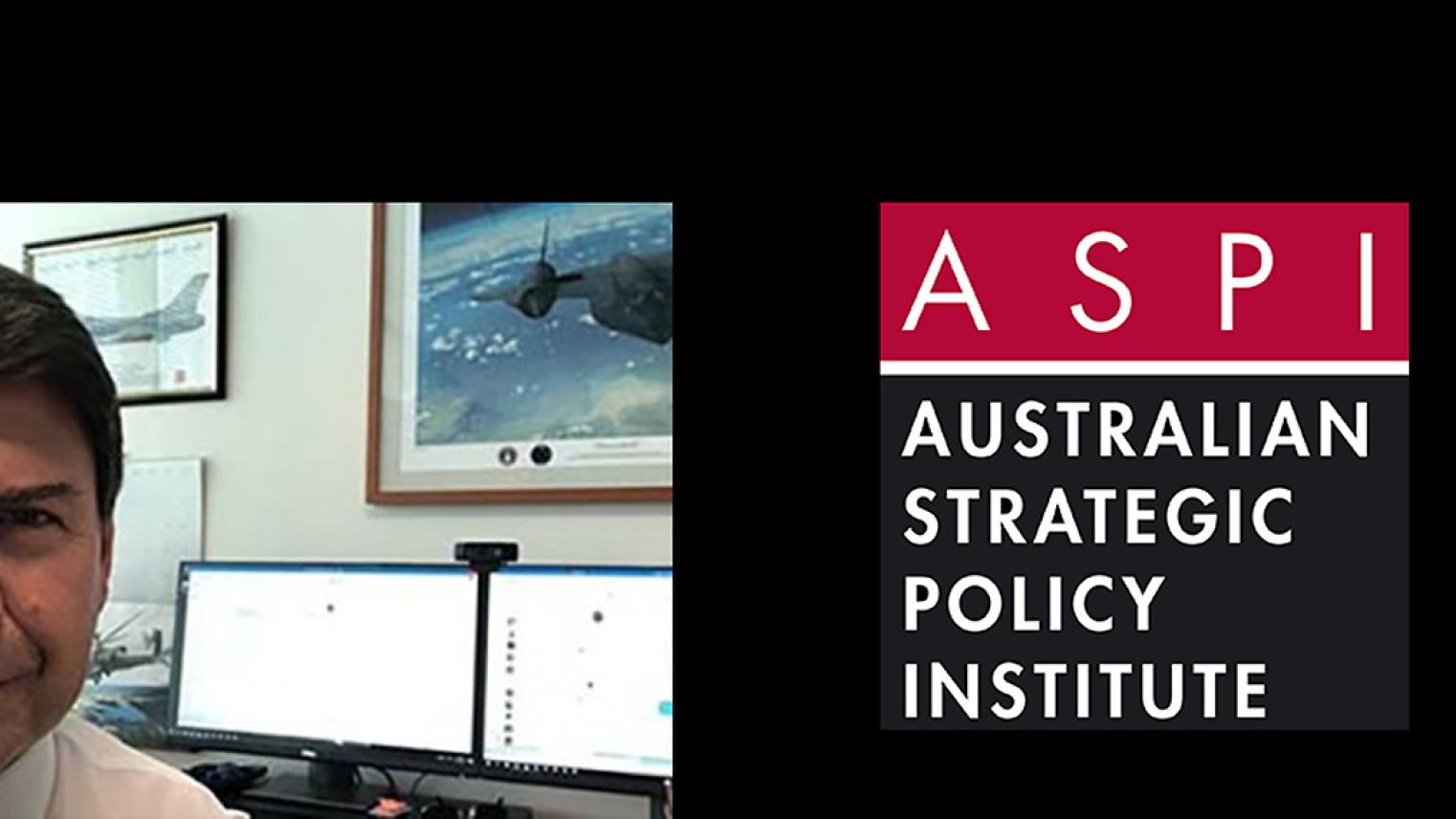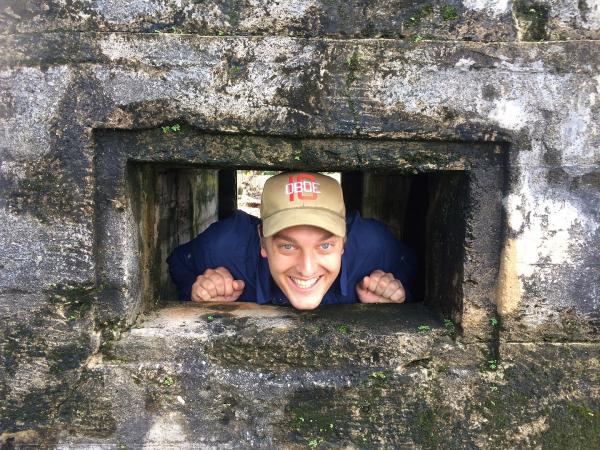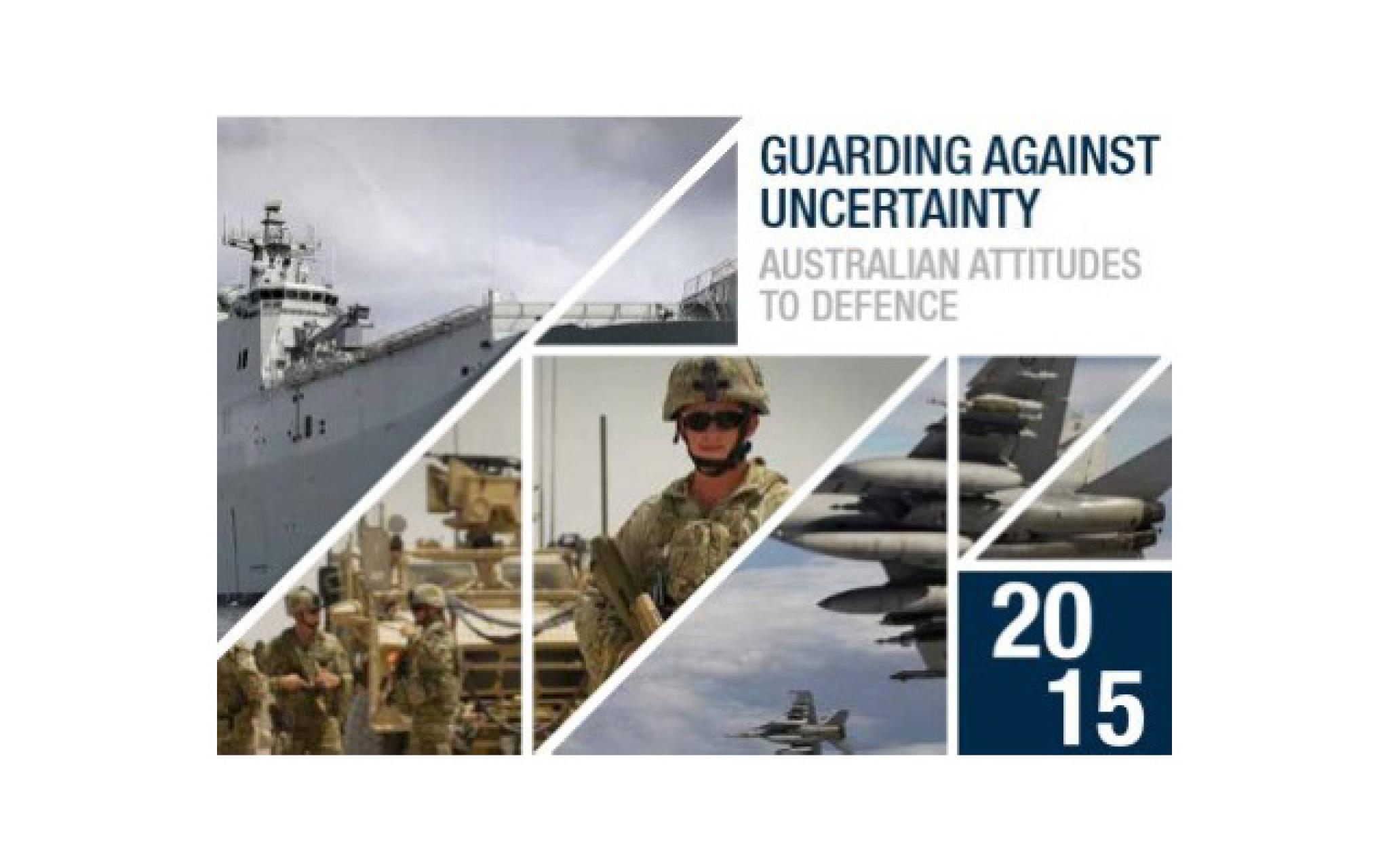It’s been a steady move forward since I completed my Master of Arts (MA) in Strategic Studies at the ANU Strategic and Defence Studies Centre (SDSC) in 1997. I went on to do my PhD in Strategic Studies at the University of Hull in the UK (completed in 2002), and secured the position of Lecturer in Defence Studies with Kings College London (KCL) at the UK’s Joint Services Command and Staff College in Shrivenham. I then spent five years with the Department of Defence, initially in Navy HQ and then Strategic Policy Division, where I gained valuable experience within the policy community. From March 2012 to January 2016 I was a post-doctoral research fellow at Bond University, which was a useful time to focus on one issue (Chinese military modernisation) before starting at ASPI in January 2016.
I think the opportunities and challenges in my career have really helped me to contribute to the strategic and defence policy debate both in Australia and the international stage. At 55 years old, I have no intention of slowing down or stopping, and have plans for at least the next twenty years looking ahead.


